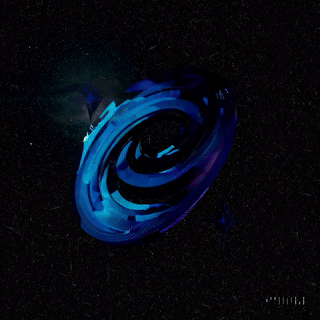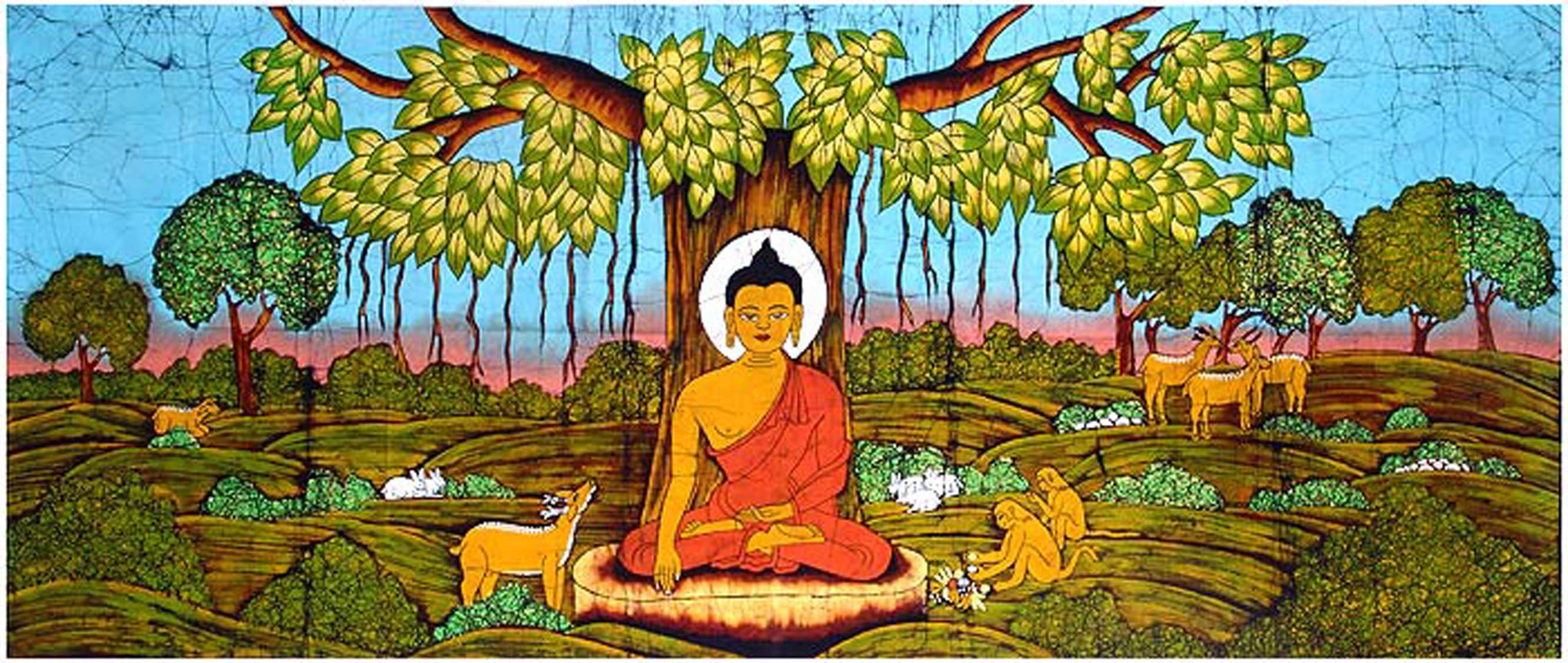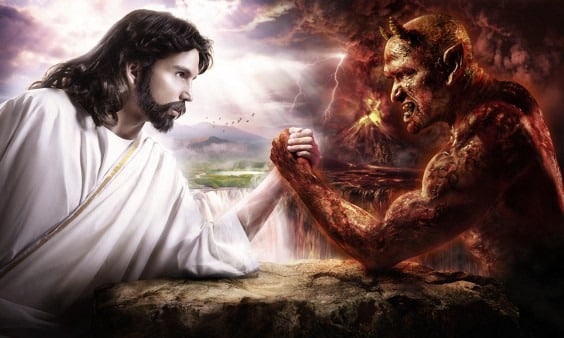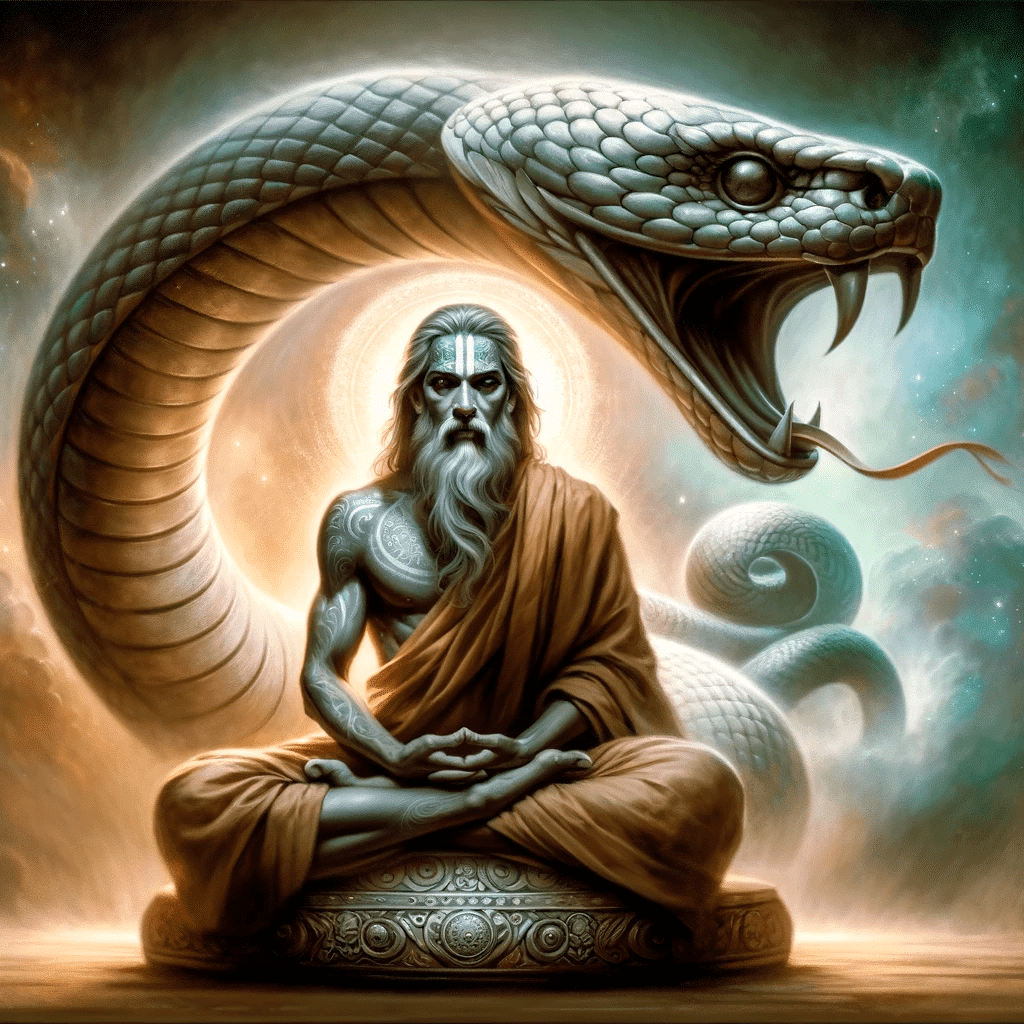“Death is only the beginning”
We hear this a lot, but I don’t think anyone believes it. But by the nature of physical laws, it has to be true. Energy isn’t created or destroyed, it transforms.
The concept of entropy, or disordered energy, never decreases, but to increase until maximum entropy equilibrates the system. But this doesn’t account for the creation of the system, so it is an incomplete picture due to our lack of understanding of the nature of energy. In truth, I think that people believe that the modern world is much more intelligent than it is. We don’t even really understand how neurons work, let alone the entire human brain. We don’t have the technology to truly understand and measure these minuscule and highly complex concepts.
I don’t know if death is the beginning for the subject that has died, but the death of anything, certainly does mean that a new beginning is coming. All things must end, at one point or another; this is why detachment is such a key concept to finding nirvana. Rebirth implies transformation, and it cannot happen without the freedom and liberation that death creates.
About 18 months ago I ended a relationship that I knew needed to end. Eight months later I moved back to California, to pursue a dream that was growing inside of me, to teach yoga around the world. But I had to let my previous dream die to make space for this new one to grow.
When I was younger I always had problems with love. I went to an all boys high school, Jesuit in Carmichael and it didn’t do well for my social attitude towards women. This changed dramatically in college, but I was always awkward, I never really knew how to act towards the girls that I was interested in. But I had a dream to fall in love and do it right; to be completely committed without hesitation and to share souls with someone else. And then it happened.
I moved to Paris when I was 20 to study French, the major I switched to at the end of my sophomore year. International business, my first major, wasn’t very fun for me and I wasn’t motivated to succeed at all in the classes. I went over there with the dream of bringing back some magnificent French woman who would be the love of my life.
In March, right before Saint Patrick’s Day, I met a girl who changed my life, forever. Her name was Kim and it was like being dropped into a fantasy land. We explored the city together, went on adventures, and had the time of our lives. She was american and from the East Coast and there was so much that was exciting and new. It was like being in a whole new world, colors were brighter, the sun shone higher in the sky, and everything seemed so magnificent. I’ll remember walking through that city with new love in my heart forever, alongside one of the most special people I have ever met.
But like all things, it ended. June came around and we returned to the states and separated to finish school. The rest is history so I won’t get into details now, but the relationship didn’t work out in the end. It was one of the saddest days in my life when it ended. Might have been the saddest, I don’t know. It devastated both of us.
But in the end, I was making space for myself to grow. Death is powerful; volcanic soil is the most fertile, people statistically make love more after funerals than any other event, and the most powerful organisms grow in the wake of enormous death. Even the T-rex was a carnivore and scavenger; part of the reason it could maintain such an enormous size is that it could chew throw enormous carcasses and bones. Just look at the baby-boomers after World War II, the entire country had a collective baby-craze.
So maybe death is just the beginning. Sink into its power and you will find limitless potential. Life is most potent when death surrounds it; the significance grows much more powerful. Give death room and hold space for it; something magnificent will grow in its wake.






